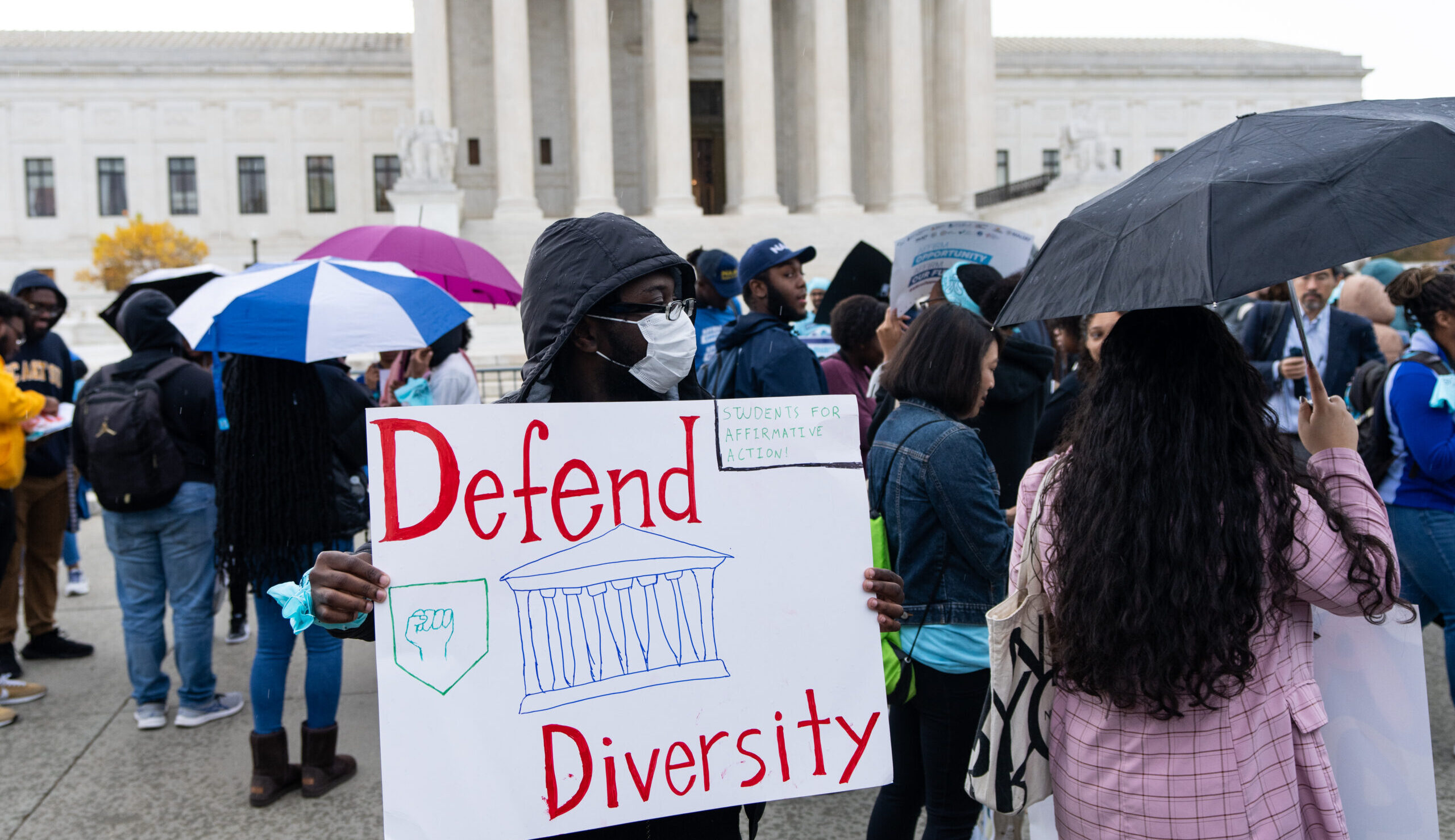The Supreme Court has delivered its long-awaited decision on affirmative action, in the case of Students For Fair Admissions v. Harvard. By a 6-3 majority, the court concluded that Harvard illegally discriminated against Asian Americans.
The ruling challenges the heart of social justice ideology. “Eliminating racial discrimination means eliminating all of it,” the majority decision reads. Harvard and other American universities have long practiced affirmative action policies which result in different standards for different races. According to a brief quoted in the decision, “[a]n African American [student] in [the fourth lowest academic] decile has a higher chance of admission (12.8%) than an Asian American in the top decile (12.7%).”
The majority declared that “both programs lack sufficiently focused and measurable objectives warranting the use of race, unavoidably employ race in a negative manner, involve racial stereotyping, and lack meaningful end points.” It is a ruling against the existing procedure of affirmative action, but not the ultimate goal or ideology.
The decision does not completely ban the use of race as a factor, however. “Nothing in this opinion should be construed as prohibiting universities from considering an applicant’s discussion of how race affected his or her life, be it through discrimination, inspiration, or otherwise.” While the court asserts that Harvard “may not simply establish through application essays or other means the regime we hold unlawful today”, it far from prevents Harvard from using new methods of racial balancing.
Indeed, Harvard’s alternatives may harm higher education even more than its existing programmes. As social scientist Richard Hanania writes:
Justice Clarence Thomas identifies similar issues in his concurrence:
These concerns highlight the dangers of a highly ideological class of diversity bureaucrats, which will continue to seek new ways to evade laws as long as they are employed.











Join the discussion
Join like minded readers that support our journalism by becoming a paid subscriber
To join the discussion in the comments, become a paid subscriber.
Join like minded readers that support our journalism, read unlimited articles and enjoy other subscriber-only benefits.
Subscribe